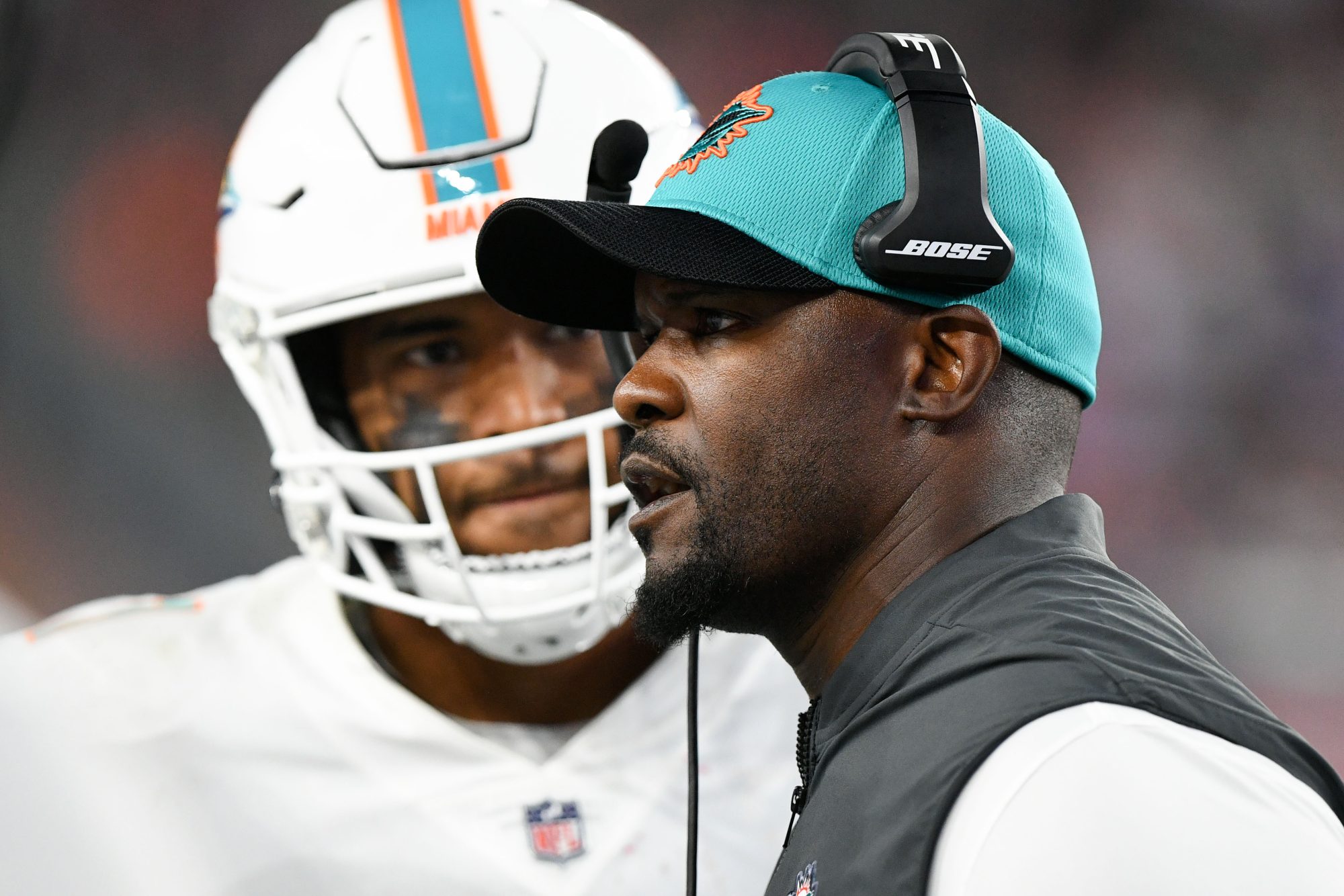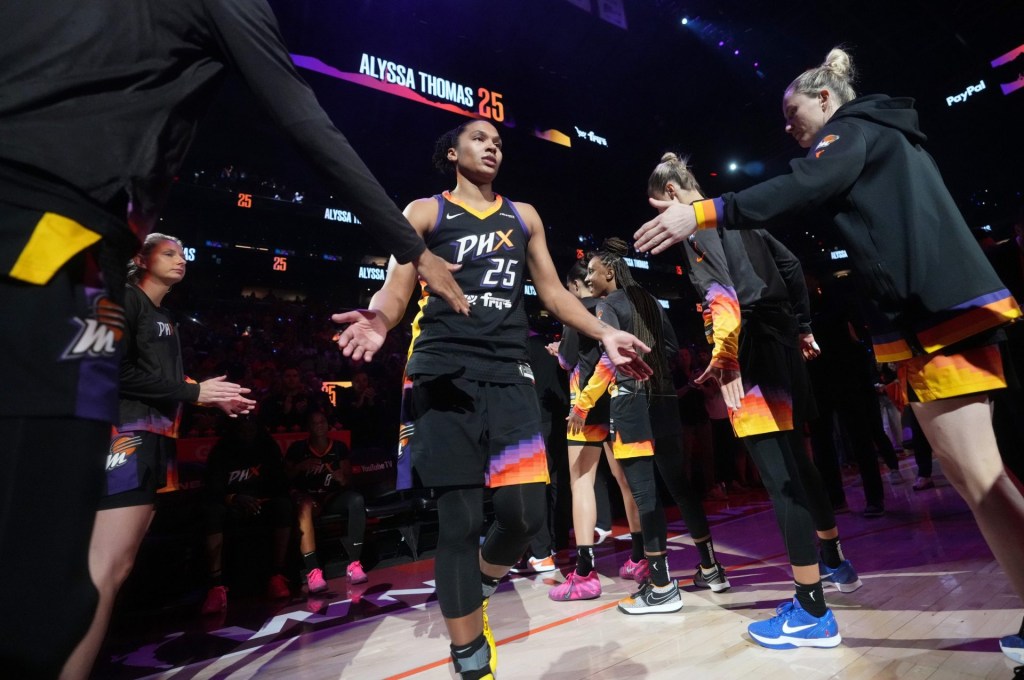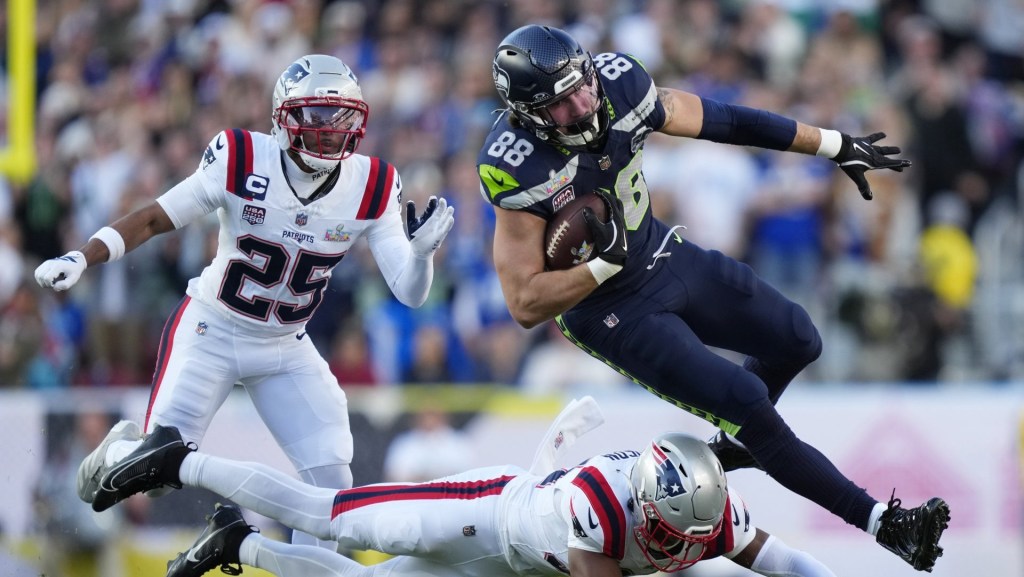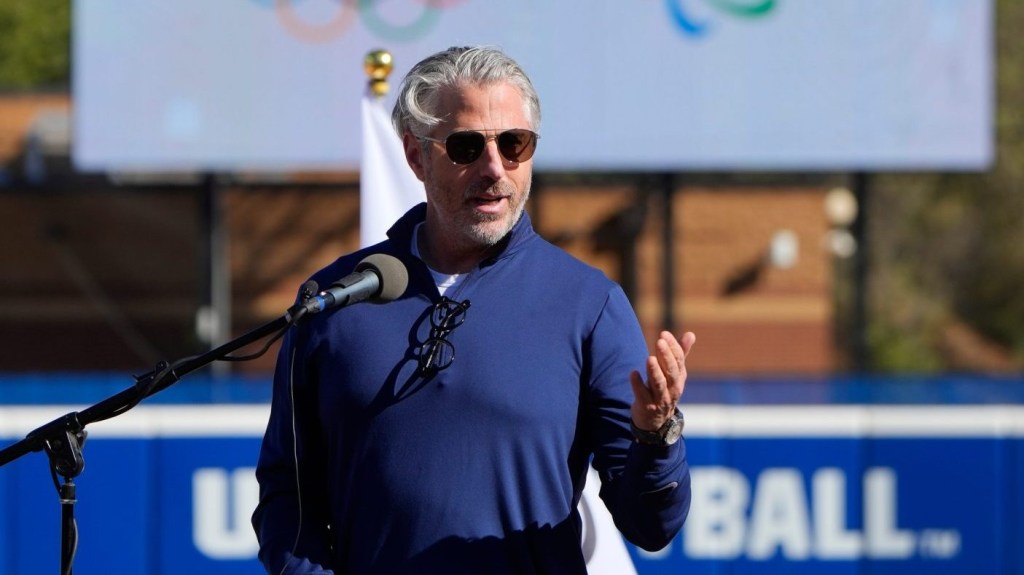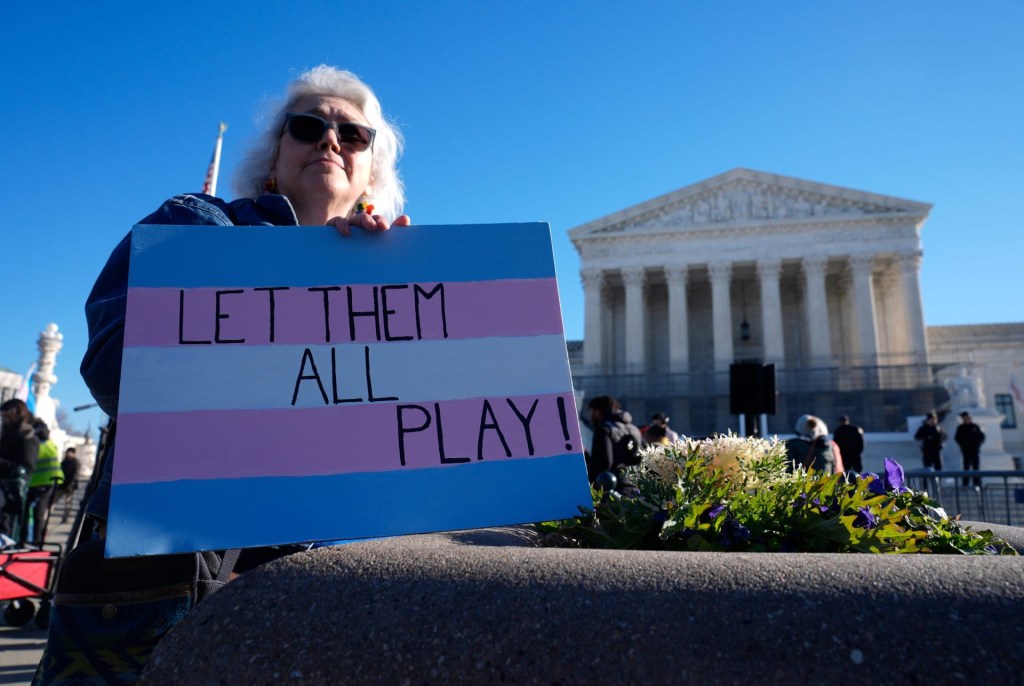NFL lawyers are likely smiling after Tua Tagovailoa earlier this week unloaded on his former head coach, Brian Flores, referring to him as a “terrible person.”
The Miami Dolphins fired Flores on January 10, 2022, and three weeks later he sued the NFL, his former team, and several other clubs, alleging racial discrimination was behind his ouster and previous inability to get hired as a head coach by the Giants, Texans, and Broncos. The lawsuit landed like a bomb on the NFL, which was already struggling to improve diversity from the sidelines to the executive suite. Flores appeared on news shows, and the NFL and the Dolphins were on the defensive over allegations in the complaint.
Among the allegations: Team owner Stephen Ross offered his head coach $100,000 for every loss in the 2019 season, and the team pressured Flores to recruit a prominent quarterback still under contract with another team—later identified as Tom Brady—which would have violated tampering rules. After he refused, the team allegedly treated him like an “angry black man” for the remainder of his tenure. The league later fined Ross $1.5 million and suspended him several months, finding he did tamper.
Now, the NFL can boast exhibit A—Tagovailoa’s comments—to argue Flores’s dismissal by the Dolphins after three seasons as head coach was unrelated to race.
“From a legal perspective, his comments would support the Dolphins’ argument that there were legitimate, non-discriminatory reasons for his termination,” says Chris Deubert, a sports attorney with Constangy, Brooks, Smith & Prophete. “If the matter proceeded to trial or an arbitration, Tua would be an excellent witness for the team. From a public relations perspective, the comments also clearly make Flores look less sympathetic, which may reduce the pressure on the NFL to resolve the matter.”
The case has not gone to trial, and is actually not close to doing so. The district judge overseeing the case, Valerie Caproni, agreed with the NFL that the claims against the Dolphins belong in arbitration, while the ones directed at the Giants, Broncos, and Texans, as well as against the NFL, can remain in her court. The NFL is appealing.
In the Giants case, he pointed to a text exchange with New England head coach Bill Belichick in which the Patriots boss ultimately told him Brian Daboll would get the New York job. Flores was due to interview three days later, so he called his planned team interview a sham. The Giants later denied they had made a choice at that point.
Flores alleged that Broncos general manager John Elway and others arrived an hour late, and hungover, to his interview. Denver called the claims “baseless and disparaging.” In an amended complaint, Flores alleged Houston took him out of the running for its vacancy in “retaliation” for his lawsuit. Texans GM Nick Caserio said the lawsuit “didn’t affect us at all.”
Wherever the case is heard, the NFL is sure to point to Tagovailoa’s harsh words on The Dan LeBatard Show this week.
“[Y]ou have a terrible person telling you things that you don’t want to hear or probably shouldn’t be hearing, you’re going to start believing that about yourself,” he said in a pretaped interview aired on the show. “[I]f you woke up every morning and I told you, you suck at what you did, that you don’t belong doing what you do, that you shouldn’t be here, that this guy should be here, that you haven’t earned this right…How would it make you feel listening to one or the other, you see what I’m saying?”
According to ESPN’s Jeff Darlington, Flores texted Tagovailoa that he sucked, and it’s no secret the Dolphins strongly considered signing Deshaun Watson. “[W]hen he’s talking about being told that he sucks, those are real things that happened via text message from Flores to Tua,” Darlington said on ESPN. “The relationship between Tua Tagovailoa and Brian Flores, and the deterioration of it is precisely the reason Flores was no longer the coach after that year.”
Flores’s lawyers did not reply for comment, and the NFL declined to comment.
The Dolphins denied Flores’s allegation when he filed his lawsuit, stating the club was “proud of the diversity and inclusion throughout our organization.” Sports attorney Darren Heitner, who has represented several NFL players, said, “If Tua raised his concerns to the front office or the front office was generally aware of this behavior and the effect it was having on Tua, then it serves as independent grounds for [Flores’s] termination, making it even more difficult for Flores to meet his burden of proof to succeed on the merits.”
Would Tagovailoa appear as a witness for the NFL? His agent at Athletes First did not reply for comment. But Deubert said his comments suggest he’d do so willingly.
“He seems like an eager witness,” he said. “In a court trial, the Dolphins would just ask him to voluntarily appear. They’d have to identify him beforehand and Flores’s lawyers could potentially take his deposition. If he didn’t want to participate, the Dolphins could subpoena him but that doesn’t usually lead to a cooperative witness.”
Flores, the defensive coordinator for the Minnesota Vikings, spoke to the media after his former quarterback’s remarks went public. Flanked by two of his players, he said, “I’m always going to have a high standard. And I think, look, I’ve done a lot of reflecting on the situation, reflecting on the situation and communication. I think there’s things that I could do better for sure, and I’ve grown in that way, and I’ve tried to apply the things that I could do better and the things that I’ve learned over the last two, three years.”
Flores has a solid reputation in coaching circles, evidenced by the fact that he continues to get hired after suing the league and several of its teams—most recently as the Steelers’ senior defensive assistant and linebackers coach and now the Vikings’ DC. Before Miami, he held several coaching positions for the Patriots, and under Belichick was notorious for treating players brusquely. But the Patriot Way has proven tough to replicate.
Whether or not Flores’s case is now tougher because of Tagovailoa’s words, he might still take solace in what he said when the lawsuit was filed: He opined the litigation was designed “so that we could create some change.”
When the Dolphins fired Flores, the NFL was left with one Black head coach, Mike Tomlin. Today there are nine minority head coaches.
